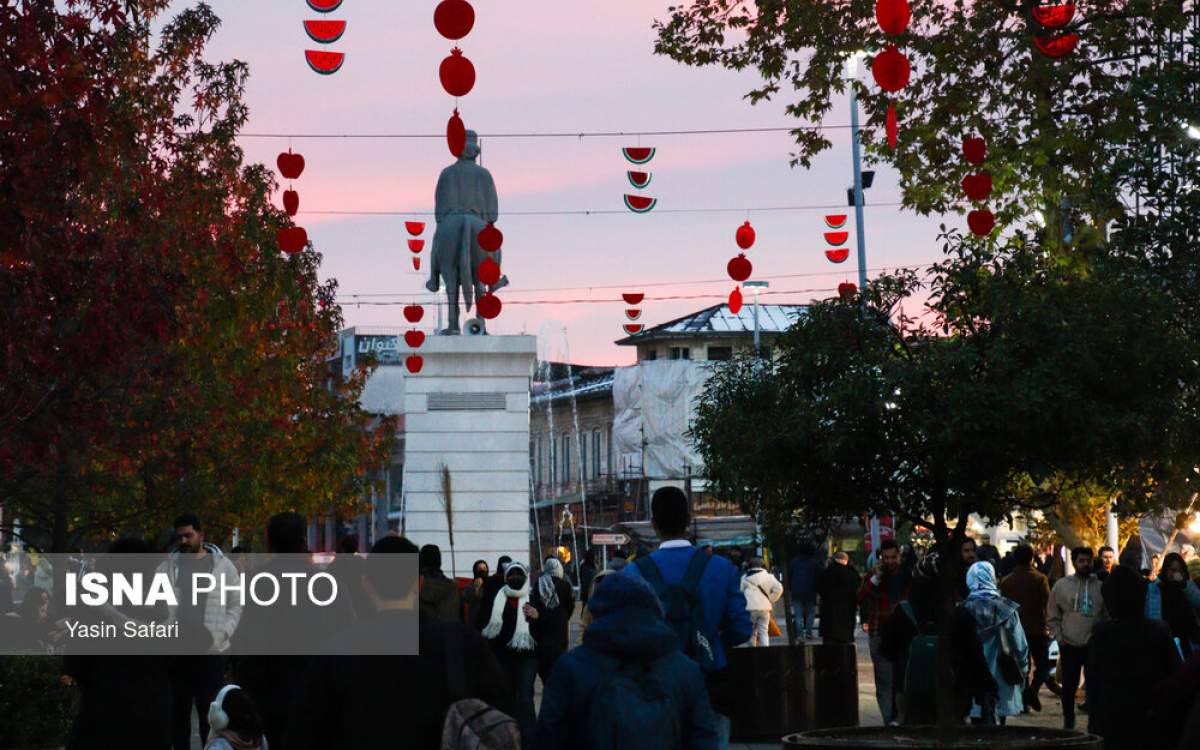The Iran Project
: Every year, on 30 Azar in the Iranian calendar that falls on December 20 this year, Iranians celebrate the arrival of winter, the renewal of the sun, and the victory of light over darkness on Yalda Night.
Saturday 21 December 2024 - 14:00
Story Code : 433061
Source : Mehr News
Yalda Night, celebration of longest night of year
It is considered as one of the holy nights and one of the most important festivities in ancient Iran and officially entered the official calendar of the ancient Iranians from 502 BC during the time of Darius I, commonly known as Darius the Great.
Yalda Night, both before and after Islam, has a special place in Iranian culture and has always been considered a motivation for gathering close and distant relatives. The festivities that take place on this night are an ancient tradition.
Since days get longer and nights to get shorter in winter, Iranians celebrate the last night of autumn as the renewal of the sun and the victory of light over darkness.
Reporter : Editorial of The Iran Project
# Tags











